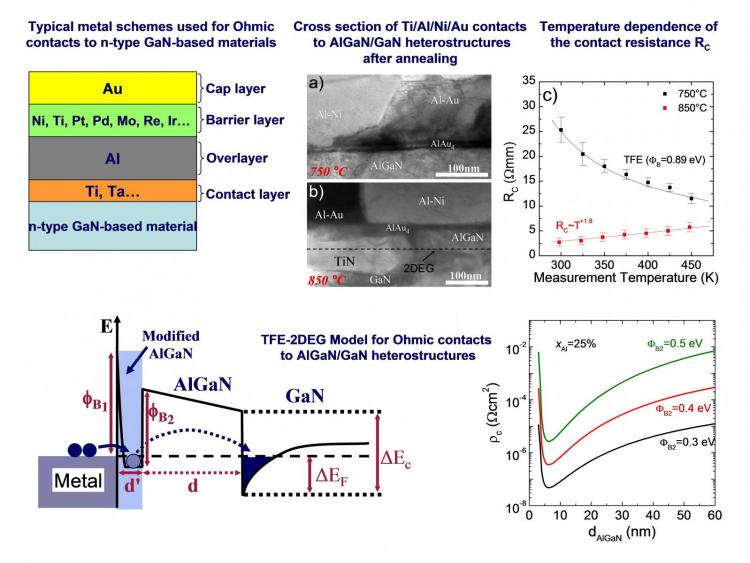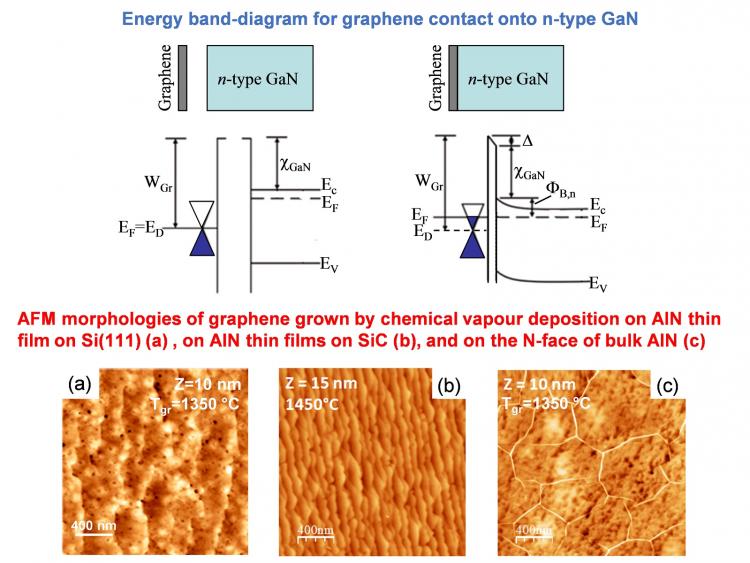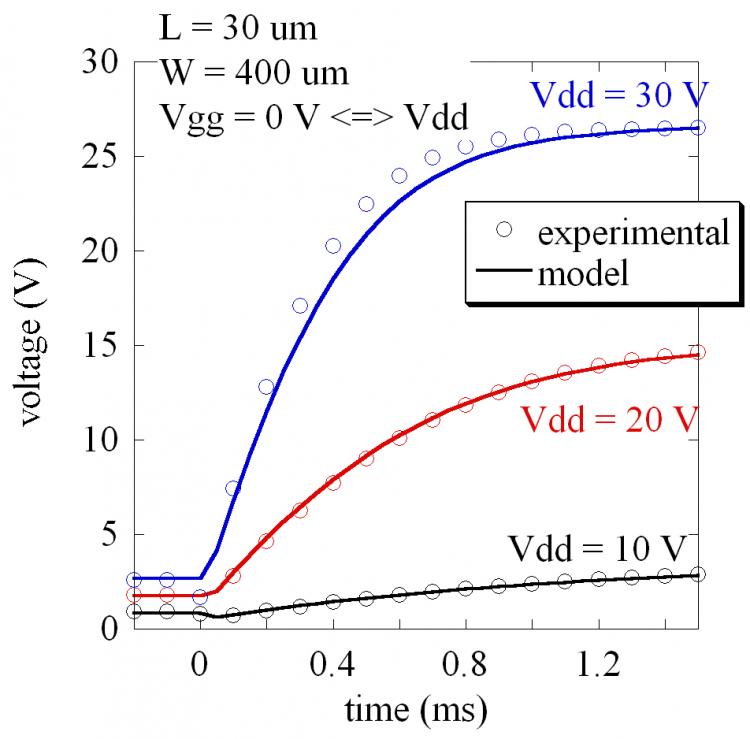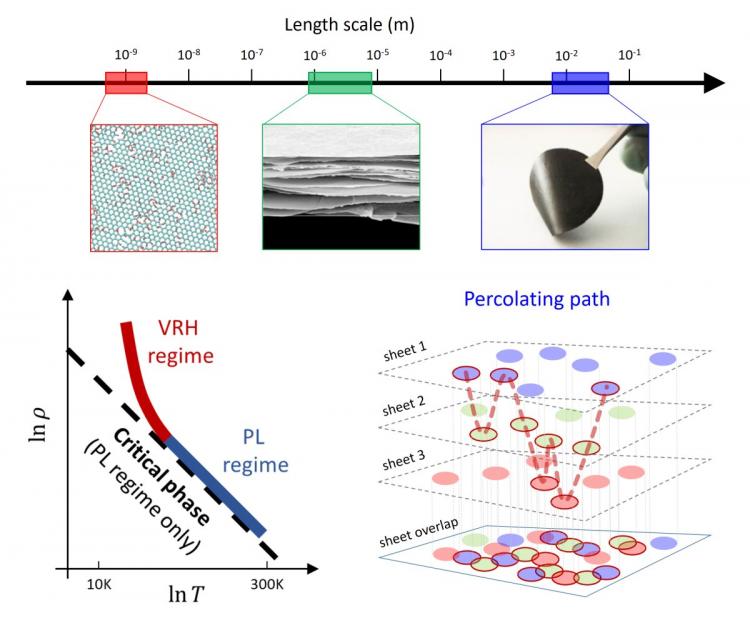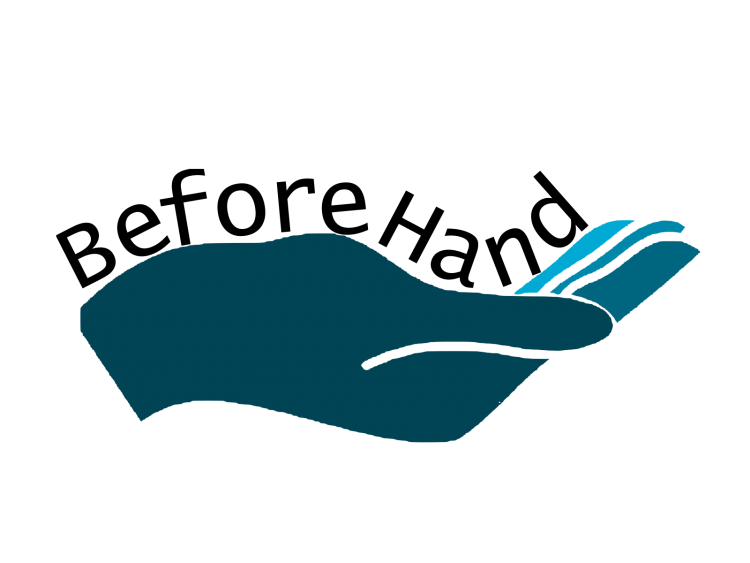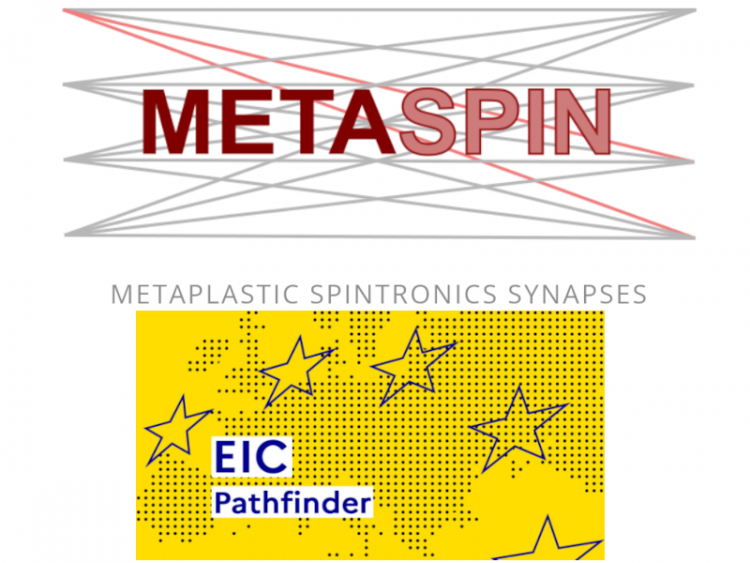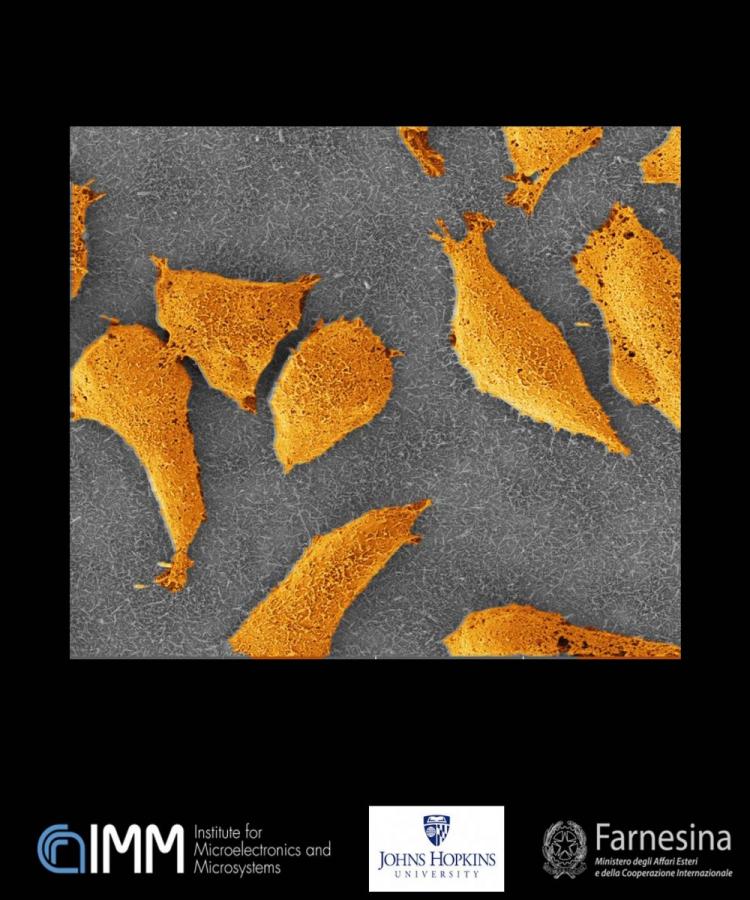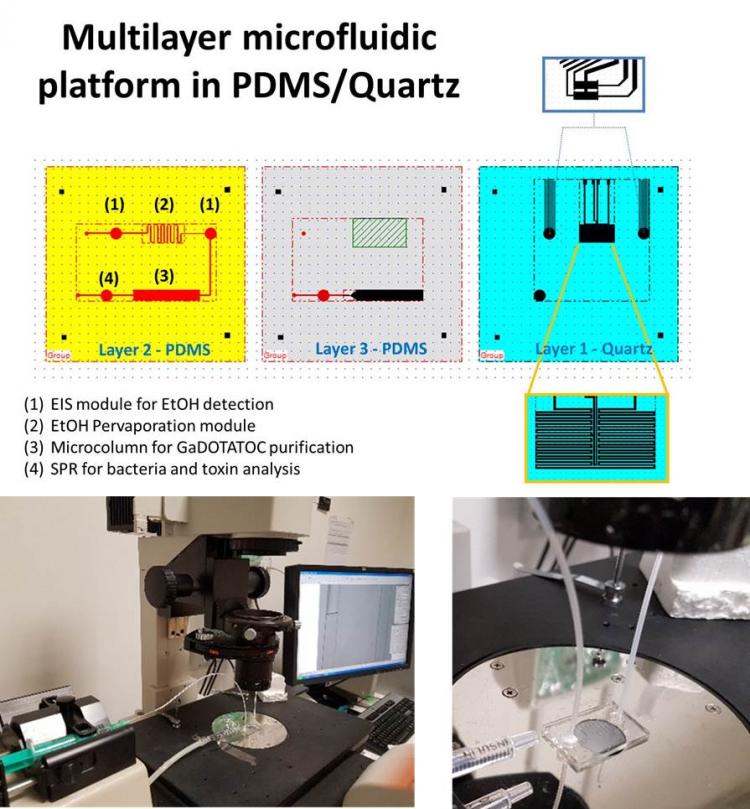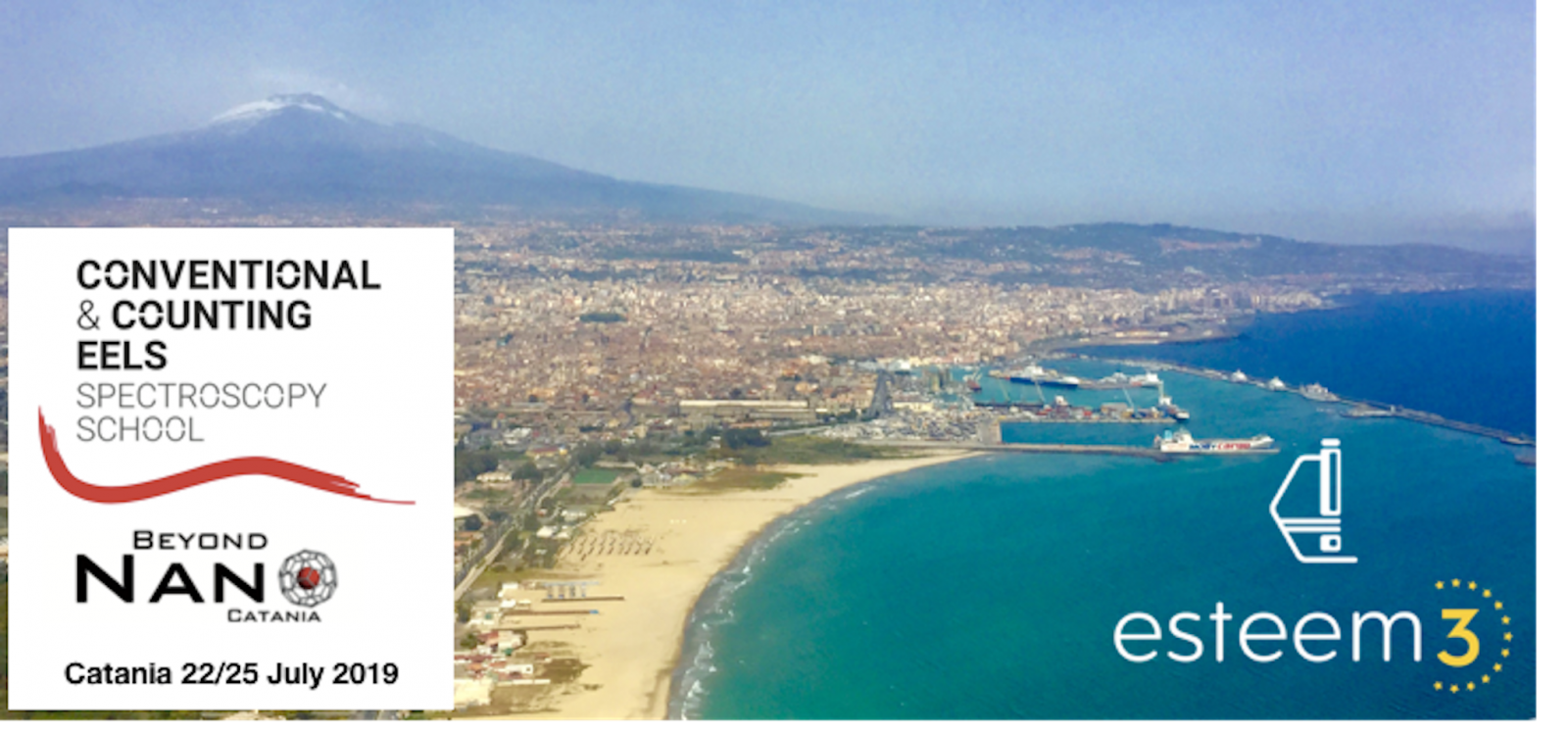
The Conventional and Counting EELS spectrocopy school is an intensive 4-day training school that incorporates lectures, computer laboratories, and microscope practicals to provide participants with comprehensive, hands-on training on key EELS topics and technology. The practical lessons will be made at the new Beyond-Nano Sub-Ångstom Lab on integrated JEOL GIF/EELS systems. Thanks to the Transmission electron microscopy (TEM) nowadays we can reveals details of natural and man-made structures even at sub-nanometer scale. Electron energy-loss spectroscopy (EELS) is the ideal analytical tools to the high spatial resolution provided by TEM in both the conventional and scanned (STEM) imaging modes.
This course reviews the basic theory and practice of EELS imaging and analysis in the TEM. Some prior experience with electron microscopy and analytical techniques is recommended. By the end of the course, participants can expect to know how best to optimize the performance of their EELS hardware as well as their EELS experimental setups in order to capture and extract the maximum amount of information from their TEM samples.
Topics
-
Fundamentals of EELS
-
Optimization of EELS data acquisition
-
Quantification of elemental composition
-
Use of EELS signals to form maps of elemental and chemical composition
-
Atomic EELS analysis Identification of material phases via EELS fine structure mapping
-
Other information provided by EELS and how best to extract it (plasmons, phonons..)
-
Advanced data processing
-
Detectors for electrons and counting EELS
Invited confirmed teachers
-
Dr Stefan Loffler, TU Wien (AT)
-
Dr Demie Kepaptsoglou, SuperSTEM lab (UK)
-
Dr Paolo Longo, Gatan Inc, Pleasanton CA (USA)
-
Dr Katherine E. MacArthur, Ernst Ruska-Centre (GE)
-
Dr Eiji Okunishi, Jeol Ltd. (JP)
-
Dr Pavel Potapov, Techical University of Dresden (GE)
-
Dr Quentin Ramasse, SuperSTEM lab (UK)
-
Dr Liam Spillane, Gatan Inc, Pleasanton CA (USA)
-
Dr Daniel Stroppa, Thermo Fisher (NL)
-
Dr Nahid Talebi, Max Plank Institute (GE)

